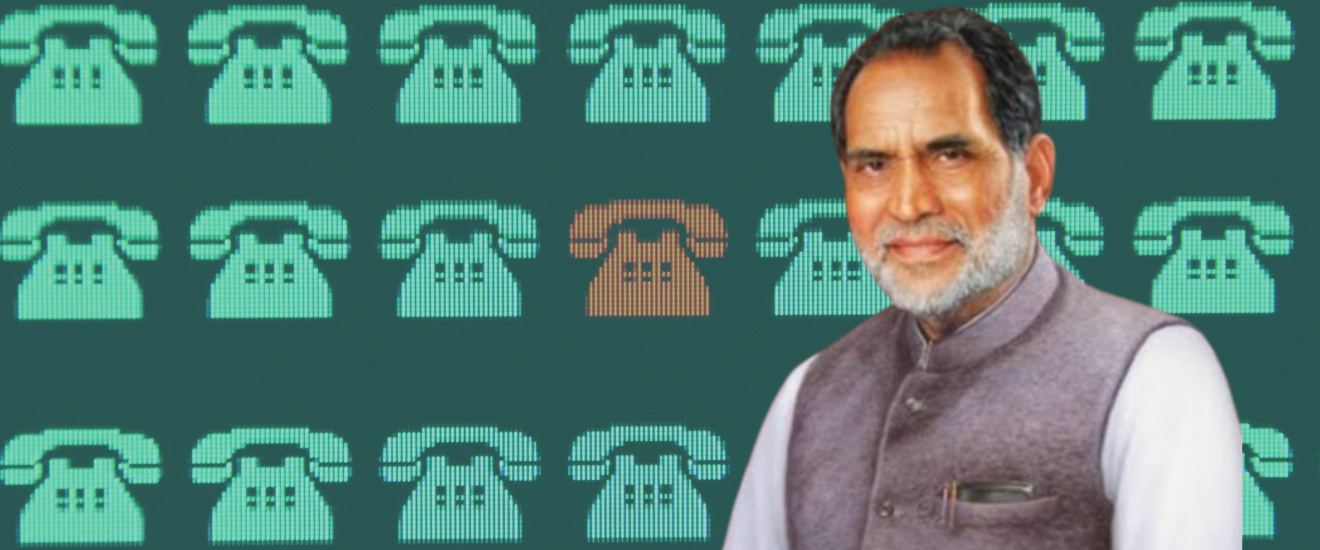Analysis
State Surveillance: From Phone-Tapping to Pegasus
DESK BRIEF: While the Court hears petitions regarding the alleged use of Pegasus, it first heard a similar case of phone-tapping in 1997.

In April 1990, Chandra Shekhar (a Janata Dal MP) gave an interview to the Illustrated Weekly. Towards the end of the interview, he asked the interviewer to stop recording and said that he was being spied on. Shekhar claimed that V.P. Singh‘s government (led by the Janata Dal itself) had bugged his house and his phone. Shekhar’s off-record comments would soon return to haunt his political career.
When the Weekly published these allegations, the Congress (then the Opposition) demanded Singh’s resignation. Singh responded by ordering the CBI to investigate the allegations. While the investigation continued, Shekhar rebelled against the Janata Dal party. In November 1990, with the support of the Congress, he formed a new government and became Prime Minister.
In February 1991, the CBI completed its investigation. Parts of the report were leaked. The report found nothing to prove that Shekhar was being spied on. However, it revealed that Congress itself had previously ordered hundreds of phone taps on politicians. These revelations contributed to unsettling the already unstable Chandra Shekhar government, which eventually fell in June 1991.
However, the story of the phone-taps did not end there. Realising the dangers of such political surveillance, the People’s Union for Civil Liberties (PUCL), filed a petition before the Supreme Court. They requested the Court to strike down a provision of the Indian Telegraph Act, 1885, which allows electronic surveillance.
The Supreme Court, in earlier judgments, had begun to recognise the right to privacy as a part of the Constitution. On this basis, in 1996, the Court held that the extensive phone-tapping was unconstitutional. While they did not strike down the provisions of the Telegraph Act, they issued guidelines regulating electronic surveillance. For example, phone-tap orders had to be cleared by a committee of high-ranking secretaries.
Twenty five years later, the Supreme Court is hearing a similar issue. This time, it’s about a spyware called Pegasus that can access any data on mobile devices. In July 2021, an international consortium of media organisations claimed that it was not just politicians, but also journalists, activists and judges in India who were potential targets of Pegasus. This has caused many to believe the Indian government used Pegasus.
Despite these allegations, the Government did not order an official investigation. Multiple affected parties approached the Supreme Court arguing that their right to privacy was violated. The petitioners are seeking a probe into whether the Indian government used the spyware against them. And whether the procedure laid down in the PUCL case and the 2017 right to privacy case were followed.
Read more about the background of the case here. We also publish reports of every hearing.
Click here to subscribe and receive more Desk Briefs like this.